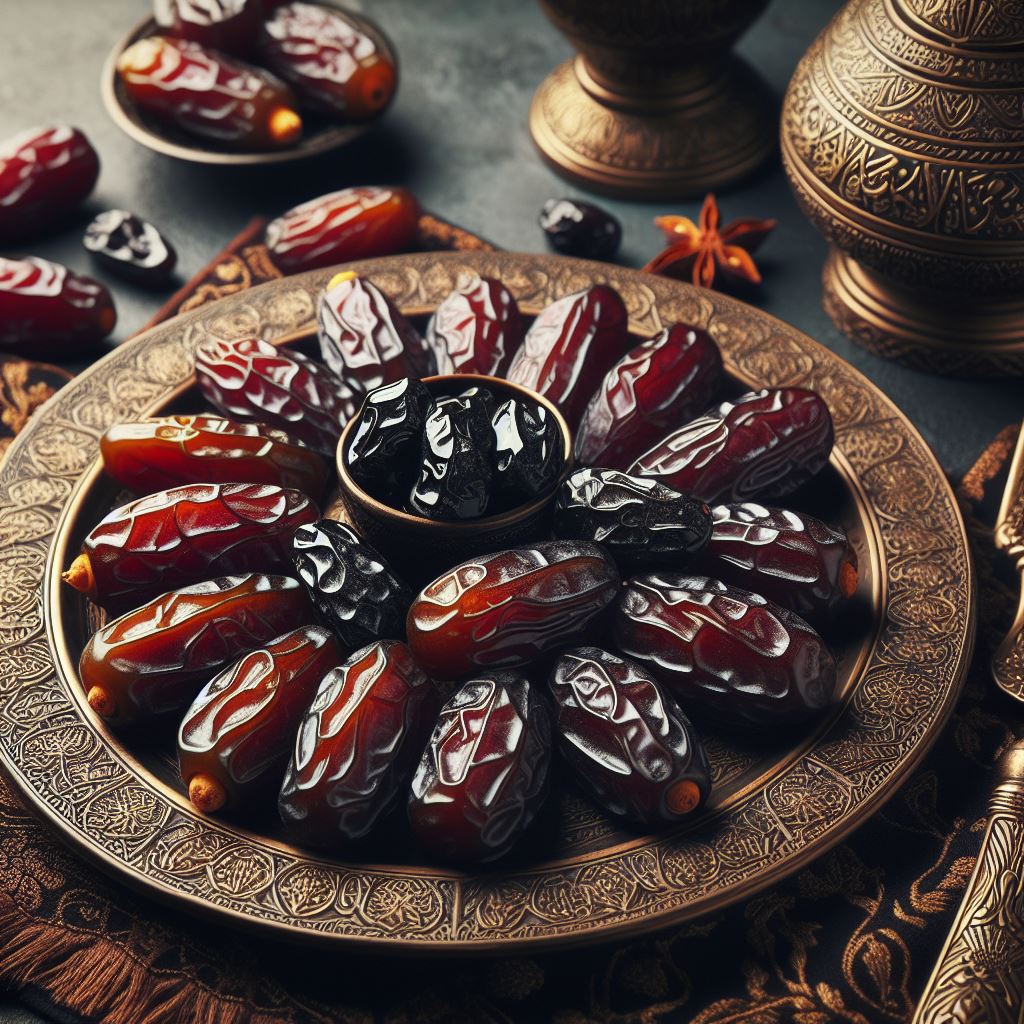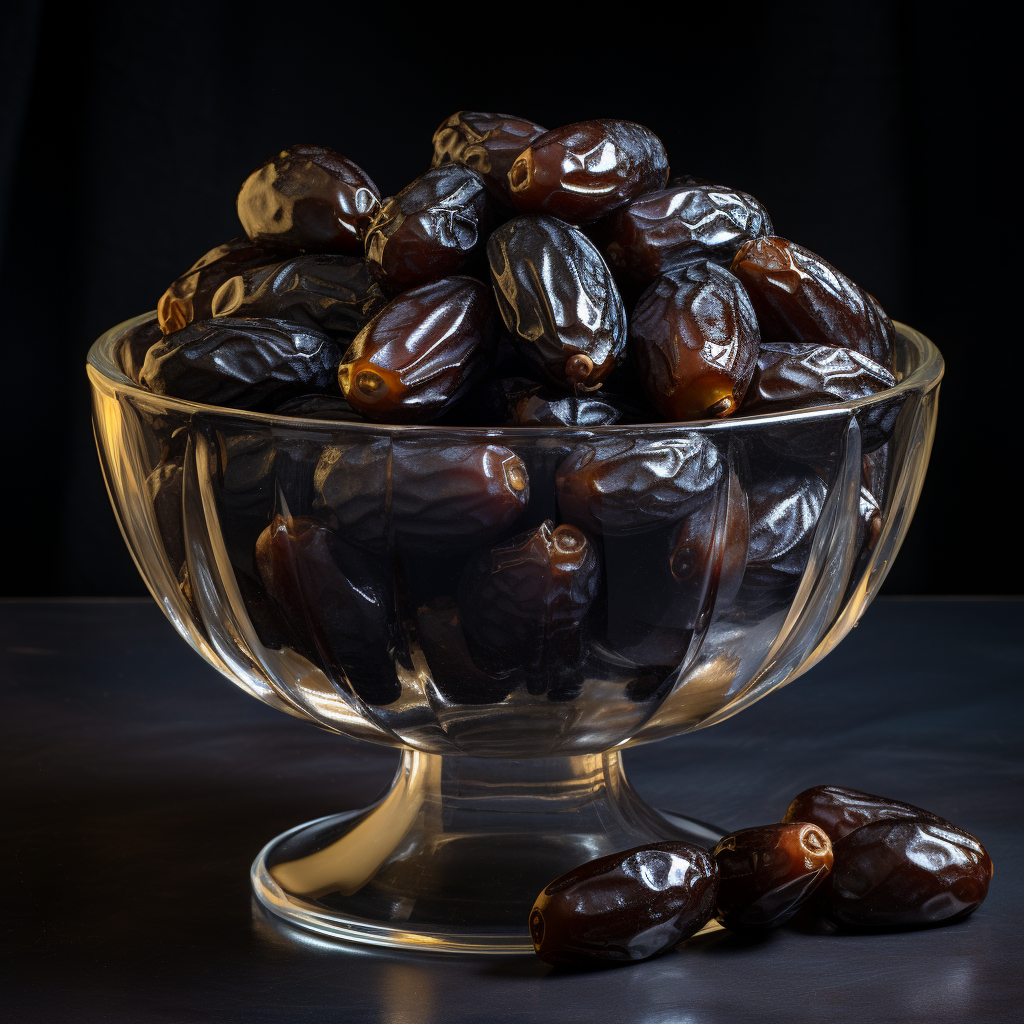In the heart of Saudi Arabia’s Medina lies a gem revered by cultures worldwide: the Ajwa date. This blog post explores the rich cultural significance of Ajwa dates, tracing their historical roots and their enduring presence in various traditions.
Delving into the Historical Roots of Ajwa Dates
The story of Ajwa dates is as old as the city of Medina itself. These dates are not just a fruit; they’re a part of history, intertwined with the origins of Islamic culture. The Prophet Muhammad’s association with Ajwa dates, as mentioned in various Hadiths, has cemented their place in the hearts of millions. They are often considered a symbol of Medina’s heritage, with families passing down the tradition of cultivating and consuming these dates for generations.
Ajwa Dates in Religious and Cultural Celebrations
Beyond their religious significance in Islam, Ajwa dates have woven themselves into the fabric of numerous cultural celebrations. They are a staple in religious festivals, weddings, and other milestone events across the Middle East and beyond. The act of sharing Ajwa dates is seen as a gesture of respect and goodwill, transcending religious boundaries and fostering a sense of community.
The Symbolism of Ajwa Dates in Art and Literature
Ajwa dates have also found their way into the realms of art and literature, symbolizing abundance, prosperity, and life. Many Middle Eastern artworks and literary pieces reference dates, often specifically Ajwa, highlighting their importance in regional culture and everyday life.
Ajwa Dates – A Cultural Legacy
The cultural significance of Ajwa dates goes beyond their delicious taste. They are a symbol of heritage, unity, and the enduring spirit of a region rich in history. As we savor each Ajwa date, let’s remember the stories, traditions, and cultural bonds they represent.


